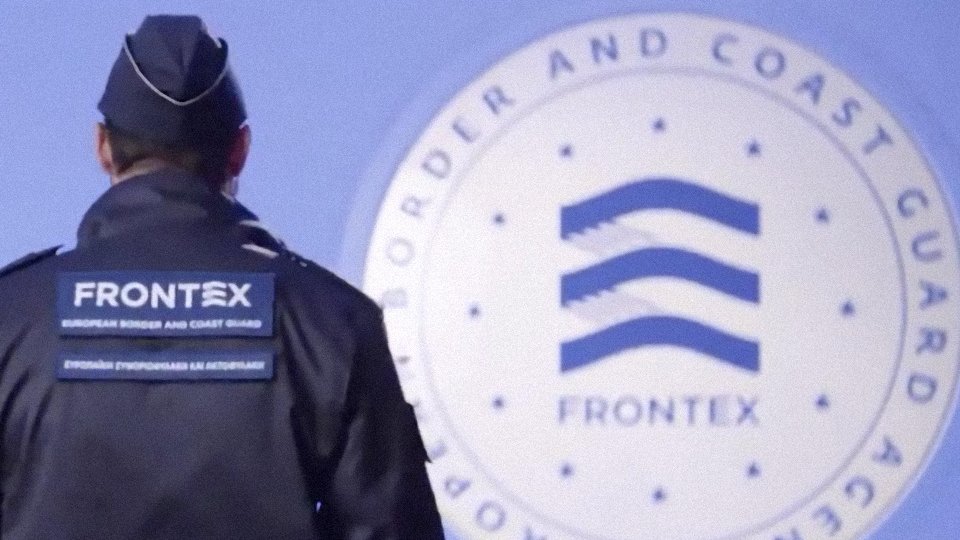More and more power and means, but the European agency that controls the external borders is the subject of serious accusations
For the European agency Frontex, which controls the EU’s external borders, 2021 began with a series of controversies regarding the management of funds, the practical results it has achieved in recent years and its involvement in some illegal rejections.
Actually, the year 2021, started with a big investment of EU countries in the agency: by 2027 Frontex’s staff will increase from the current 1,500 to 10,000 – 7,000 seconded from national police forces – and a budget higher than most EU agencies. Frontex’s budget has increased from €6.3 million in 2005 to €333 million in 2019, rising to €1.1 billion in 2021 and to €1.9 billion in 2025.
It will be the first EU agency to have its own uniform, but just as this huge budget increase was announced, Frontex’s headquarters in Warsaw were being searched by the European Anti-Fraud Office (OLAF) to verify the management of funds.
The controversy concerns, in particular, the five public events – in four years – organised by the agency at a total cost of €2.1 million, as revealed by EUObserver.
It is not only the opaque management of funds that is at the centre of the controversy: by 5 December 2020, Frontex had committed itself to hiring 40 human rights experts to monitor activities in the field, but without any explanation, these recruitments were postponed by two months.
This is not a minor issue: an investigation by the investigative journalism website Bellingcat reported that Frontex staff working in the sea area between Greece and Turkey carried out at least one rejection of asylum seekers – an illegal practice according to EU law -, was present during another rejection by the Greek authorities and remained in the vicinity without intervening in four other rejections. Another case in the Aegean Sea: Frontex ordered a Danish coastguard vessel off Turkey to push back a dinghy of asylum seekers: the crew refused to do so and was subsequently transferred to another area.
Many NGOs active along the Balkan Route also reported that Frontex members were collaborating in illegal rejections of migrants on the border between Albania and Greece and between Croatia and Bosnia-Herzegovina. There was also a parliamentary question on the subject in the European Parliament, which has so far remained unanswered.
In this climate, in recent days, Frontex has decided to suspend its operations in Hungary. The official reason is that the withdrawal depends on the EU Court of Justice’s ruling of last 17 December, which establishes that Hungary has not respected EU laws, preventing migrants who have arrived illegally at its borders from applying for asylum and collectively sending them back to Serbia.
A fair decision, even a belated one, but one that seems disconnected from all the other behaviours that the agency has in the field in other EU countries and that has led many observers to consider this a confused media operation aimed at rebalancing the agency’s compromised image.
Hungary has been violating EU regulations on asylum seekers since at least 2016, so why is this decision only coming now? According to many, Frontex’s move comes in order to dampen controversy, particularly after Frontex director Fabrice Leggeri came under fire from the European Parliament’s Libe (Civil Liberties) Commission and several MEPs called for his immediate resignation.
These controversies have marked the beginning of a decisive year: the EU is betting everything on the implementation of the new Pact on Migration and Asylum and needs an efficient agency capable of supporting the member states at the border, without being accused of being part of the violation of human rights at the borders. But the beginning does not look good.
Such a large budget has not produced any results so far. Despite the pandemic, the numbers of irregular entries have remained high, rights violations systematic, and the externalisation of borders makes the EU dependent on the political agendas of third countries, especially Turkey. The question is legitimate: perhaps all that money could have been invested in safe humanitarian corridors and functional reception and integration policies, as well as in stabilising the countries of departure of migratory flows.
by Christian Elia

